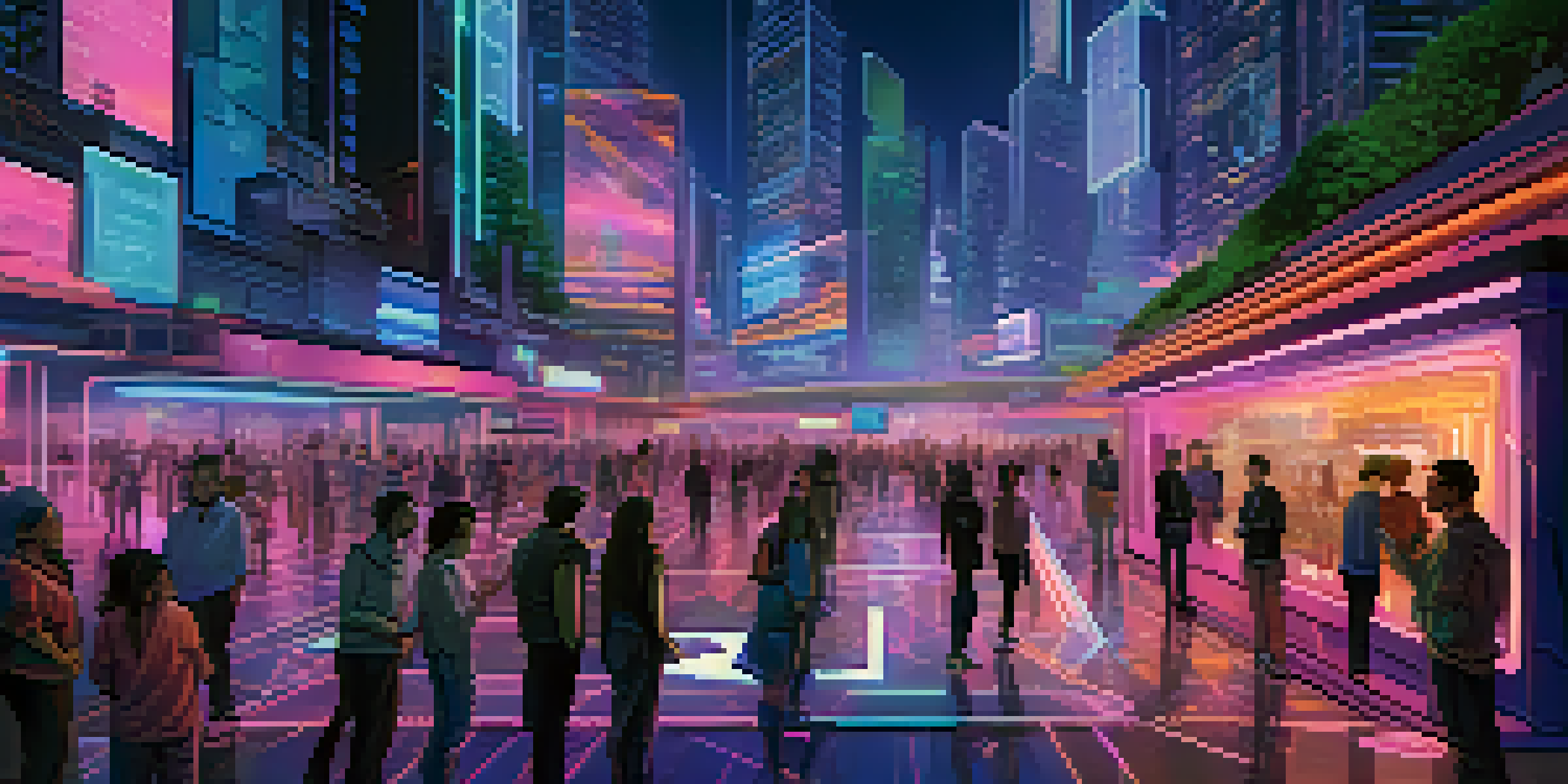Legal Implications of DAOs in Cryptocurrency Governance

Understanding DAOs: A New Paradigm in Governance
Decentralized Autonomous Organizations (DAOs) represent a shift from traditional governance models in the crypto space. By utilizing smart contracts, DAOs enable community-driven decision-making, allowing members to vote and propose changes directly. This innovative structure raises questions about accountability and transparency, as the organization operates without a central authority. Understanding DAOs is crucial for grasping their legal implications, especially as they continue to gain traction in various sectors.
Legal Status of DAOs: Are They Entities or Not?
One of the primary legal challenges surrounding DAOs is their classification. Are they considered legal entities, akin to corporations, or do they exist solely as decentralized networks? This distinction is vital because it affects liability, regulatory compliance, and the ability to enter contracts. As regulators grapple with these questions, the legal status of DAOs remains a gray area that can impact their operations and the rights of their members.
DAOs Redefine Governance Models
Decentralized Autonomous Organizations enable community-driven decision-making through smart contracts, challenging traditional governance structures.
Regulatory Compliance: Navigating the Legal Landscape
DAOs must navigate a complex web of regulations that vary significantly by jurisdiction. Issues such as securities laws, anti-money laundering (AML) requirements, and tax obligations can complicate their operations. For instance, if a DAO's tokens are classified as securities, it may be subject to extensive rules and registration requirements. Understanding these regulations is essential for DAOs to function effectively while minimizing legal risks.
Smart Contracts: Legal Contracts or Just Code?
Smart contracts are the backbone of DAOs, executing agreements automatically when predetermined conditions are met. However, the legal enforceability of these contracts is still under scrutiny. Many legal experts argue that while smart contracts can mimic traditional contracts, they lack some essential elements, such as mutual consent and clear terms. This ongoing debate highlights the need for a legal framework that recognizes and validates smart contracts in the context of DAOs.
Legal Status of DAOs is Unclear
The classification of DAOs as legal entities or decentralized networks raises significant questions about liability and regulatory compliance.
Liability Issues: Who's Responsible in a DAO?
Determining liability in a DAO can be particularly challenging due to its decentralized nature. If a decision made by the DAO leads to a legal dispute, who is held accountable? Members, developers, or the DAO itself? This ambiguity can create significant risks for participants, especially if they are unaware of their responsibilities. Establishing clear guidelines and governance structures can help mitigate these risks and clarify accountability.
Intellectual Property Rights in DAOs
DAOs often generate innovative ideas, products, or services, raising questions about intellectual property (IP) rights. Who owns the IP generated within a DAO? Is it the individual contributors, the organization, or the community as a whole? These questions highlight the need for clear IP policies that address ownership and usage rights. As DAOs continue to evolve, the development of robust IP frameworks will be crucial for protecting the interests of all stakeholders.
Dispute Resolution in DAOs
The absence of a central authority in DAOs complicates dispute resolution, prompting the need for tailored mechanisms like arbitration or mediation.
Dispute Resolution: A Unique Challenge for DAOs
Dispute resolution in a DAO environment presents unique challenges, particularly due to the lack of a centralized authority. Traditional legal systems may not effectively address conflicts arising in a decentralized context. As a result, DAOs are exploring alternative dispute resolution methods, such as arbitration or mediation, tailored to their specific needs. Establishing effective dispute resolution mechanisms is vital for maintaining trust and cooperation within the community.
Future Outlook: Legal Evolution for DAOs
As DAOs continue to grow and evolve, so will the legal frameworks governing them. Regulatory bodies are beginning to recognize the need for clear guidelines that address the unique characteristics of DAOs. This evolution will likely lead to more robust legal recognition and protection for DAOs and their members. Staying informed and adaptable will be essential for DAOs to thrive in an increasingly regulated environment.